If you are keen to start gardening, you may have been put off going ahead by some of the myths that are circling around in the community. With so much conflicting information, it’s difficult to know what’s true or false, especially if you’re a newbie. But in this article, as qualified gardeners, who have a deep understanding of what’s really going on in your beautiful orchard, I aim to dispel some of these untruths. Here are 13 gardening myths you can safely ignore.
Myth Number 1:You need to stake and wire newly planted trees.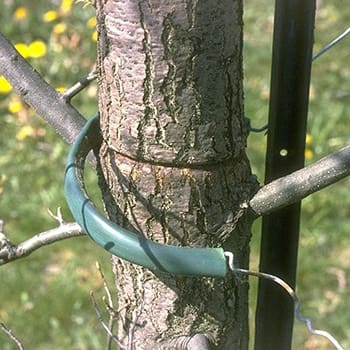
Please don’t do this to your trees! Not only is it cruel, but if you want them to grow, and develop the way nature intended, don’t put restrictions on them. Allowing trees to sway in the wind builds resilience, their roots will become stronger as it’s forced to fight against the movement. Staking the tree will lead it to become dependent on the support, and stunt the development of its roots system.
Myth Number 2: Use twice the amount of pesticides and fertilizers.
False! You need to measure the amount used properly and don’t overdo it because fertilizers raise the salt levels in soil, and if it’s too high, it will burn plant roots and prevent them from growing. Pesticides can be equally as damaging when overused by burning the leaves.
Myth Number 3: Don’t plant blackberry and raspberry plants next to each other.
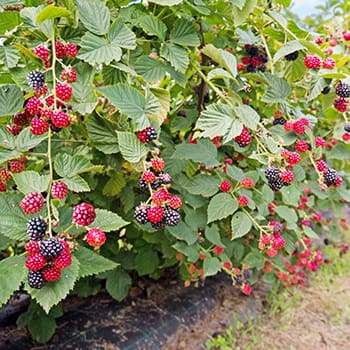
This myth came about because of the confusion between black raspberry and blackberry plants. It is black raspberry plants that can cause plants within a close proximity to catch the raspberry mosaic virus. So you can safely plant blackberry and raspberry plants next to each other.
Myth Number 4: You should sprinkle sugar into the soil around your tomatoes to make them sweeter.
Unfortunately, growing sweet tomatoes takes a bit more effort than that. You will need to plant a smaller cultivar; if you want to improve the taste, you’ve got to ensure your tomatoes get enough sunlight and be consistent with watering them.
Myth Number 5: Watering plant foliage on a hot day will burn them.
A study conducted by Eovotos University in Budapest proved this to be wrong. It is impossible for water droplets to focus enough energy to damage the leaves. What gardeners have experienced is that when cold water is sprinkled over hot leaves, it can injure the plants. To prevent any damage, water the soil and not the plant.
Myth Number 6: Pennies in a bag will get rid of flies.
The belief is that if you add water and pennies to a clear plastic bag it will scare flies away. The reality is that flies are not afraid of pennies or water, and this strategy will do nothing to keep them away from your plants or crops.
Myth Number 7: Your plants will grow better if you speak to them.
Talking to your plants will probably do more good for you than it will for them. Some experts claim that the carbon dioxide we breathe out when speaking will help plants grow better. The reality is that we would need to breathe out hours worth of carbon dioxide for it to have any effect on your plants.
Myth Number 8: Put gravel in your containers.
The idea is that containers need a layer of crocks, stones, or gravel at the bottom for drainage. According to the myth, the soil blocks the drainage hole, but the gavel will provide room for the water to escape. Yes, plant pots and containers need drainage, but gavel isn’t the answer. Just use potting soil, it will ensure that everything flows freely.
Myth Number 9: Seal wounds from tree pruning.
The practice of sealing pruned trees with substances such as paint or tar has caused much damage to our wonderful trees. The belief is that it prevents disease and decay and keeps insects out. But Dr. Alex Shingo found this to be false because trees don’t go through the same healing process as animals. Trees don’t require a dressing because they compartmentalize wound infections. Instead, leave the tree alone and let it heal naturally.
Myth Number 10: Natural pesticides are less toxic.
Pesticides are designed to kill, and whether they come from a natural or a synthetic source is irrelevant, they are still going to cause some damage. Even using home remedies such as vinegar can have adverse effects. When you apply pesticides to your plants believing you are protecting them from pests, you are actually harming them. Instead, remove the diseased parts, and pick pests off with your hands.
Myth Number 11: Get rid of moss.
We can all agree that moss is far from aesthetically pleasing, but it’s not as harmful as you think. Old folklore states that moss will kill your lawn and your trees. This is not the case; yes, moss is an indication that your lawn needs some maintenance, but that’s a good thing.
Myth Number 12: Ivy will strangle your trees.
Ivy has been accused of many things, and strangulation is just one of those false accusations. You can safely allow ivy to grow around your tree trunk without it causing any harm.
Myth Number 13: Add sand to your clay soil.
Clay soil does have its benefits, but there are also many issues with its use such as it’s sticky, it doesn’t drain properly, and it makes digging difficult because it’s so heavy. Adding sand to it won’t help because you would need way too much sand to have any effect on the amount of clay in the soil. In other words, you can’t dilute it! The only way around the issues with clay soil is to use plants that thrive in it.
Final Thought
Before adopting the myths about gardening, do your research because there are a lot more asides from the ones that have been covered here. It’s understandable that you want your garden to thrive, but be cautious and make sure you’ve gathered all the facts before doing something like adding sugar to your soil to make your tomatoes sweeter!
You may also like:
How You Can Keep Rodents Out Of Your Garden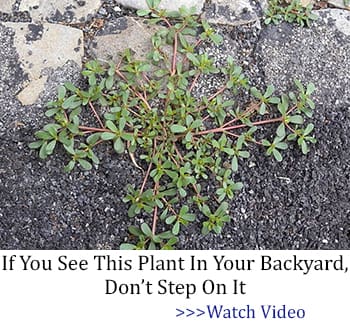
The Herbs You Need to Keep Close During Dark Times (Video)
Ingenious Ways To Use Toilet Paper Rolls That You Never Thought Of
Easy DIY 165 Gallon Rain Harvester
How To Make A Safe and Effective Organic Garden Pest Control Spray
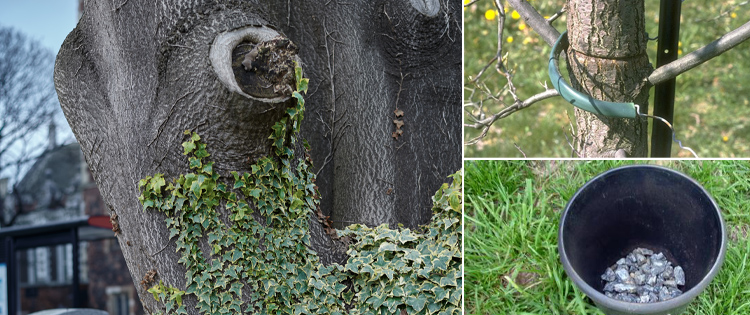
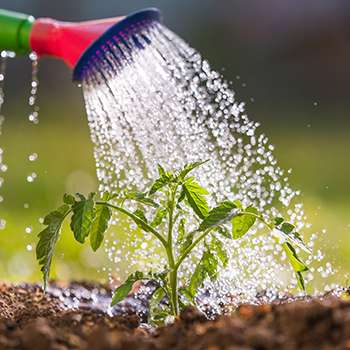
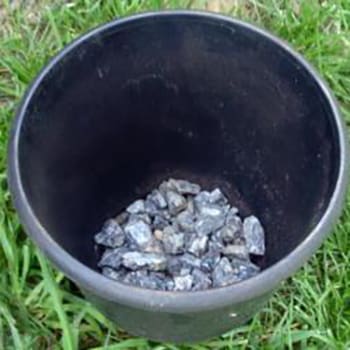
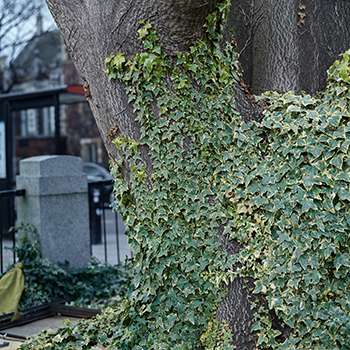

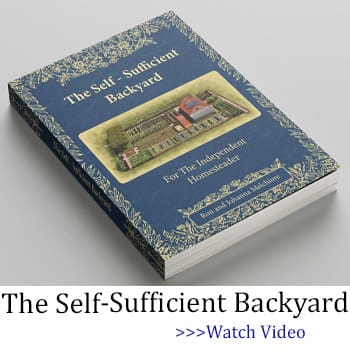

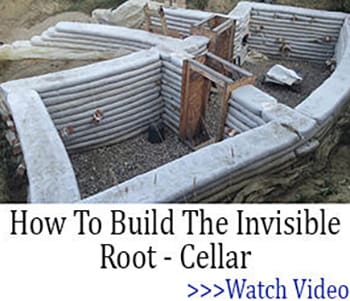
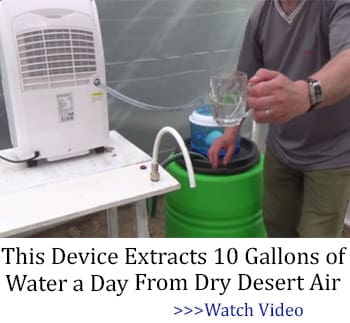
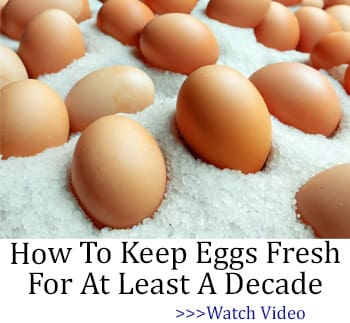

I so appreciate your efforts to help us all be more self-sufficient!
I do, however, take issue with your comment about English Ivy on trees. I have, over the years, watched many healthy trees die because of the ivy growing on them; there’s one grove on my commute that is now almost completely covered in ivy and there’s almost no leaves (or needles) on their host trees. The ivy doesn’t “strangle” them; it sucks the life juices out of them, sending roots into the trunk as if it were soil. So, while ivy on brick or stone works well, ivy on trees is truly destructive.